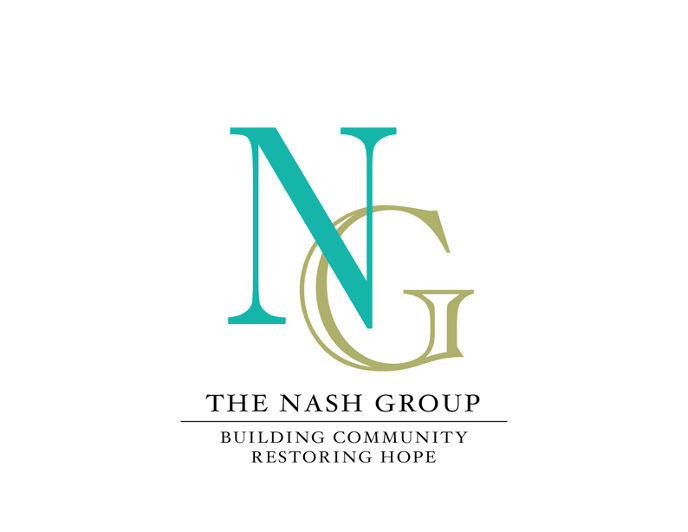Course Title: Affordable Housing as a Social Determinant of Health: Impact and Underserved Communities
Course Description
Enroll in our enlightening online course on the Nash Group Training and Education Platform to delve into the critical link between affordable housing and health outcomes in underserved communities. This course delves into the profound impact of housing stability, quality, and affordability on public health, healthcare access, and overall well-being. By exploring research, case studies, and best practices, participants will gain a deep understanding of how addressing housing insecurity and inequity can significantly improve health outcomes, reduce disparities, and promote community resilience. Through this course, participants will learn to leverage affordable housing as a powerful tool for addressing social determinants of health and advancing health equity in marginalized populations.
Course Topics
1. Introduction to Social Determinants of Health: Understanding the Housing-Health Nexus
2. Impact of Housing Insecurity on Physical and Mental Health
3. Access to Healthcare Services and Affordable Housing
4. Quality of Housing and Environmental Health Risks
5. Housing Policy and Health Equity: Case Studies and Best Practices
6. Community-Based Approaches to Addressing Housing-Related Health Disparities
7. Advocacy, Partnerships, and Collaborations in Affordable Housing and Health
8. Monitoring and Evaluation of Health Outcomes in Affordable Housing Initiatives
Learning Objectives
Upon completion of this course, participants will be able to:
1. Comprehend the concept of social determinants of health, specifically the role of affordable housing in influencing health outcomes and disparities in underserved communities.
2. Analyze the impact of housing insecurity on physical and mental health, recognizing the interconnectedness between housing stability, safety, and well-being.
3. Evaluate the relationship between access to healthcare services and affordable housing, exploring ways to improve healthcare access and health outcomes through housing interventions.
4. Identify environmental health risks associated with substandard housing conditions, highlighting the importance of housing quality and safety for mitigating health hazards.
5. Examine housing policies and initiatives that promote health equity, drawing insights from successful case studies and best practices in affordable housing and public health integration.
6. Develop community-based strategies to address housing-related health disparities, engaging residents, stakeholders, and local partners in collaborative efforts to improve housing conditions and health outcomes.
7. Foster advocacy, partnerships, and collaborations between affordable housing providers, healthcare organizations, and community stakeholders to drive systemic change and address housing-related health inequities.
8. Implement monitoring and evaluation frameworks to assess the impact of affordable housing initiatives on health outcomes, measure progress towards health equity, and inform evidence-based practices in housing and health integration.
Value to the Participant
This course delivers immense value to a wide range of clients, including public health professionals, policymakers, affordable housing developers, healthcare providers, community organizations, and social service agencies. By deepening their understanding of the profound impact of affordable housing on health outcomes and well-being, participants gain actionable insights and tools to drive positive change in underserved communities. Clients will acquire the knowledge and strategies needed to design and implement effective interventions that address housing-related health disparities, improve healthcare access, and promote health equity among vulnerable populations. Furthermore, this course empowers clients to leverage affordable housing as a key social determinant of health, fostering holistic approaches to community well-being and resilience. Ultimately, participants emerge equipped to advocate for policies, initiate collaborations, and lead initiatives that advance the intersection of affordable housing and public health, creating healthier, more equitable communities for all.

